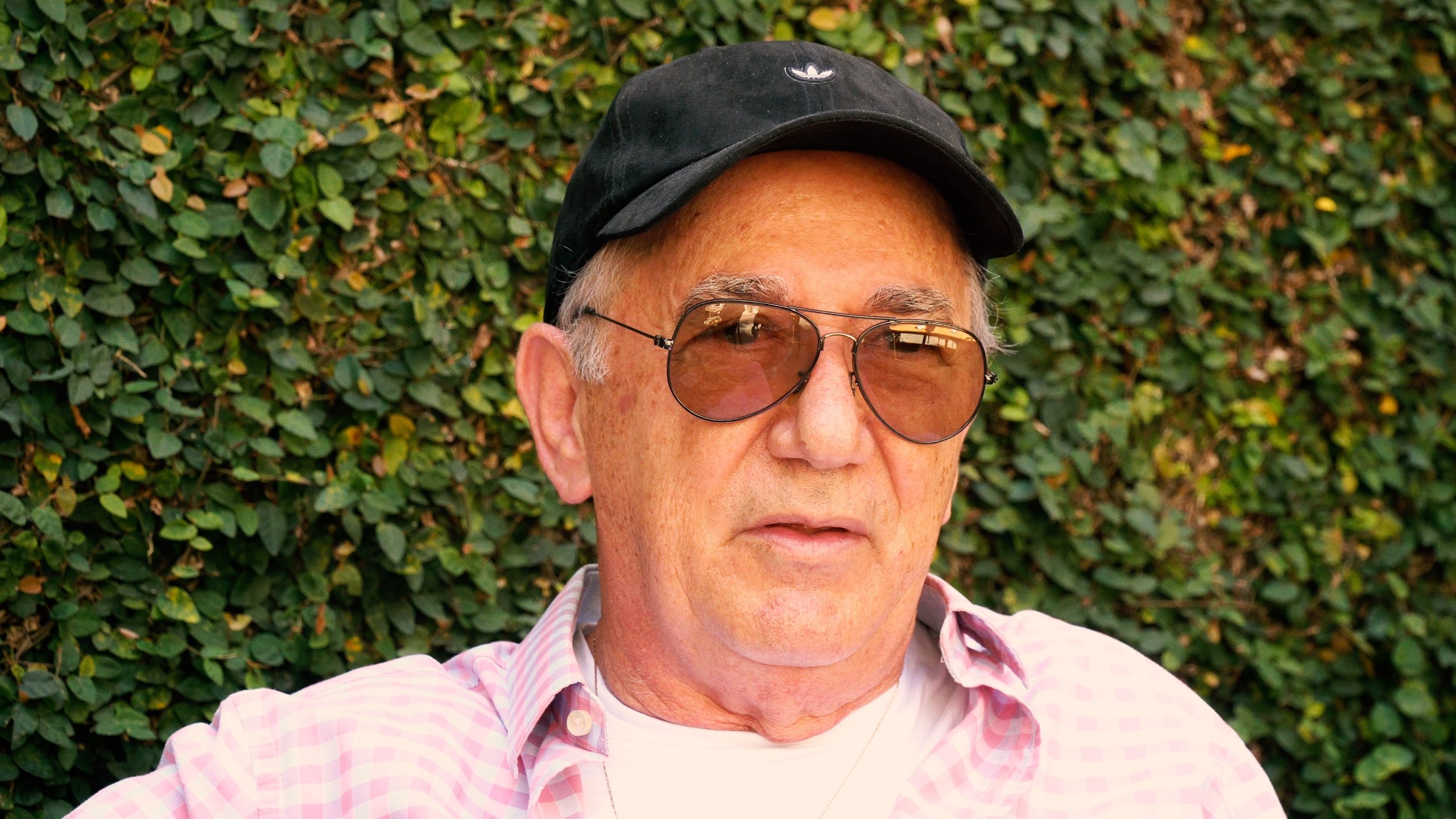IMS, Equipe. A frame for Clarice Lispector. IMS Clarice Lispector, 2021. Disponível em: https://site.claricelispector.ims.com.br/en/2021/09/16/a-frame-for-clarice-lispector/. Acesso em: 26 July 2024.
In the 1960s, the Spaniard Jaime Vilaseca was a carpenter in Rio de Janeiro until a fateful encounter with Clarice Lispector, for whom he had gone to make a bookcase in her apartment in the Leme neighborhood. The writer had silently watched him working during those days, and when the furniture was finished, she looked at him and said: “You’re going to be a framer.” Faced with the man’s hesitation, she completed the prediction: “You won’t escape your destiny!” Since then, for over fifty years, Jaime Vilaseca has lived off this profession, for which he is renowned, besides having become a curator and owner of an art gallery. In this conversation with the poet Eucanaã Ferraz, the framer talks about his friendship with Clarice Lispector and tells his stories that served as a source of inspiration for texts by the writer, such as the famous short story “The First Kiss,” from the book Covert Joy.
See also
 by Rafael Juliao
by Rafael Juliao
“I wanted to announce the following: the person I love most in life is named Clarice Lispector.” This affirmation was made by Cazuza.
 by Elizama Almeida
by Elizama Almeida
In 1970, Clarice Lispector started to write a work that would come to be called Água Viva. Published at the end of August 1973 by Artenova, what follows is a manuscript.
 by Veronica Stigger
by Veronica Stigger
In January 1975, Clarice Lispector received an invitation letter, signed by Simón González, a Colombian businessman, politician, and mystic, inviting her to take part in the First World Congress of Witchcraft, which would be held between August 24 and 28 of that same year in Bogotá, Colombia. [...] But why was Clarice Lispector invited to the First World Congress of Witchcraft?
 by Elizama Almeida
by Elizama Almeida
According to a survey done by YouPIX in June 2012, Clarice is the most quoted writer on Twitter. Every day more than 3.5 thousand phrases by the author – or attributed to her – are posted on there.
 by Elizama Almeida
by Elizama Almeida
 by Elizama Almeida
by Elizama Almeida
It’s the end of 1943. A publishing house of little cultural relevance, A Noite, releases the exceptional Near to the Wild Heart, a book by a 22-year-old author and former employee of the publisher.







